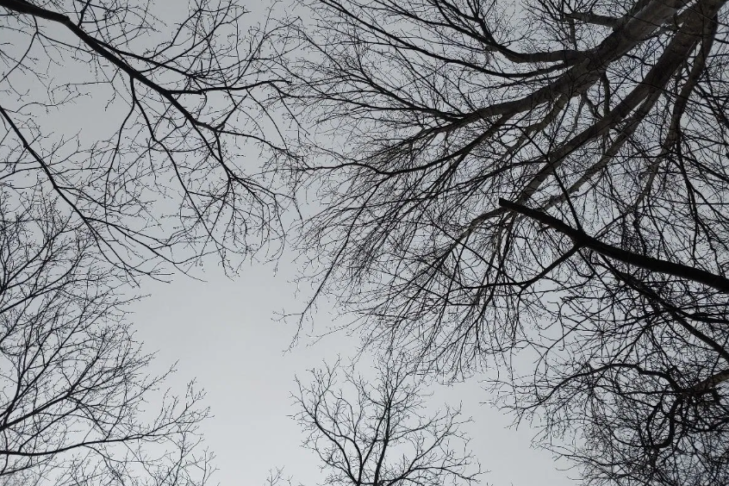Sometimes expectations get in the way.
Sometimes what we deem to be progress toward goals is stalled.
Sometimes it is for the better. Sometimes it comes unforeseen.
One of the hopeful stories to emerge from the pandemic is the vigor by which all other life on this earth rebounded to fill more of their intended niches.
Join me in breathing a sigh of relief.
Join us at JVGB in believing it still is possible for humankind and nature to be in balance; maybe by people doing more of nothing. The Torah prescribes just such a pause for the land in the Shmita year, starting this Rosh Hashanah 2021/5782.
A garden lying fallow does not diminish its usefulness. The Torah instructs us to basically throw open the fields to all comers, and feast upon its bounty for the year. The garden’s food becomes more present, not some hinted-at treasure to await the optimum harvest time or the grinding into flour. It delights us and sustains us in the instant, as happens for all others of Adonai’s creatures.
Everything flourishes, whether in spirit or abundance. And when things return to normal we are wealthier for this remarkable delay; more microbes in the soil to fertilize, more flowers and insects to pollinate, and then more trees and animals get fat.
The bountiful fallowness of Shmita envelops the farmer as well. They can rest also. Since I have been forced to go slower this year, I think I’m a better observer and listener (at least where nature is concerned).
Witness a tiny seed sprout into green life or a baby leaf unfurl in dazzling colors, and be refreshed. Watch closely as a bumble bee rolls pollen onto itself, and feel awe. Hear crisply how the birds and chipmunks call the community home for the night. Now our soul is connected to a deeper and wider source.
We, the farmers of the world, are given time to notice the nuance of life all around us. Join me in voicing a hearty “Hallelujah.”
In my neighborhood, at my shul, Temple Beth Israel in Waltham, a 70-year-old native dogwood tree anchors the front lawn. Every autumn, it bears loads of red ripe berries to offer. A dozen species of birds reply to this offering and then, in payment, deposit the tree seeds from their last meal. Hundreds of baby trees germinate each year, but the rabbit eats most and the landscapers would eliminate the leftovers.
In the spirit of pausing in my haste to achieve something, I watch a few favorite and protected trees thrive. Now, each fall when they go dormant, I will have 30 trees of a dozen species to harvest and share. Not what I expected to be doing, but a pretty amazing result indeed.
Join me in expressing a heartfelt “Shabbat shalom” to all.
This post has been contributed by a third party. The opinions, facts and any media content are presented solely by the author, and JewishBoston assumes no responsibility for them. Want to add your voice to the conversation? Publish your own post here. MORE


